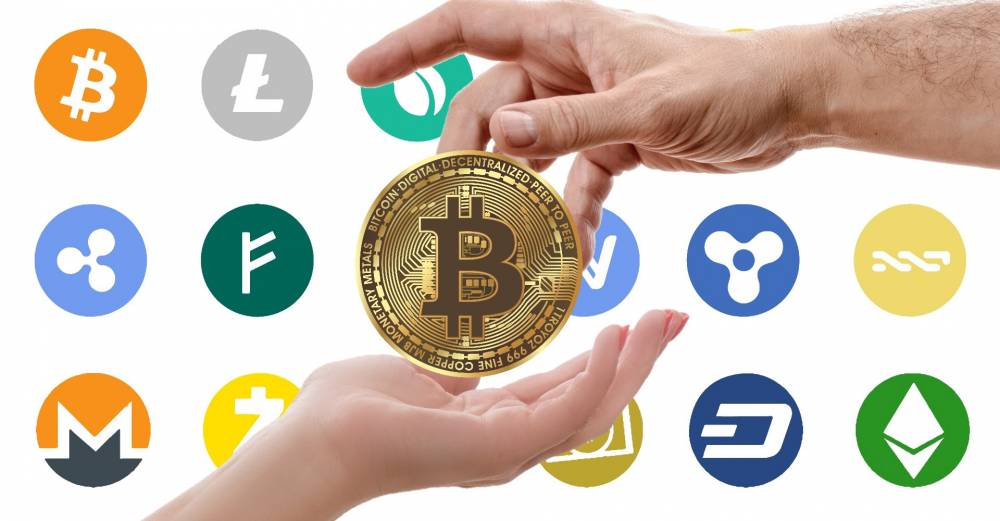A cryptocurrency (or crypto currency) is a digital asset designed to work as a medium of exchange wherein individual coin ownership records are stored in a digital ledger or computerized database using strong cryptography to secure transaction record entries, to control the creation of additional digital coin records, and to verify the transfer of coin ownership. It typically does not exist in physical form (like paper money) and is typically not issued by a central authority. Some cryptocurrencies use decentralized control as opposed to centralized digital currency and central banking systems. When a cryptocurrency is minted or created prior to issuance or held on a centralized exchange, it is generally considered centralized. When implemented with decentralized control, each cryptocurrency works through distributed ledger technology, typically a blockchain, that serves as a public financial transaction database.
Bitcoin, first released as open-source software in 2009, is the first decentralized cryptocurrency. Since the release of bitcoin, over 6,000 altcoins (alternative variants of bitcoin, or other cryptocurrencies) have been created.
History
In 1983, the American cryptographer David Chaum conceived an anonymous cryptographic electronic money called ecash. Later, in 1995, he implemented it through Digicash, an early form of cryptographic electronic payments which required user software in order to withdraw notes from a bank and designate specific encrypted keys before it can be sent to a recipient. This allowed the digital currency to be untraceable by the issuing bank, the government, or any third party.
In 1996, the NSA published a paper entitled How to Make a Mint: the Cryptography of Anonymous Electronic Cash, describing a Cryptocurrency system, first publishing it in an MIT mailing list and later in 1997, in The American Law Review (Vol. 46, Issue 4).
In 1998, Wei Dai published a description of "b-money", characterized as an anonymous, distributed electronic cash system. Shortly thereafter, Nick Szabo described bit gold. Like bitcoin and other cryptocurrencies that would follow it, bit gold (not to be confused with the later gold-based exchange, BitGold) was described as an electronic currency system which required users to complete a proof of work function with solutions being cryptographically put together and published.
The first decentralized cryptocurrency, bitcoin, was created in 2009 by presumably pseudonymous developer Satoshi Nakamoto. It used SHA-256, a cryptographic hash function, as its proof-of-work scheme. In April 2011, Namecoin was created as an attempt at forming a decentralized DNS, which would make internet censorship very difficult. Soon after, in October 2011, Litecoin was released. It was the first successful cryptocurrency to use scrypt as its hash function instead of SHA-256. Another notable cryptocurrency, Peercoin was the first to use a proof-of-work/proof-of-stake hybrid.
On 6 August 2014, the UK announced its Treasury had been commissioned to do a study of cryptocurrencies, and what role, if any, they can play in the UK economy. The study was also to report on whether regulation should be considered.
Altcoin
The term altcoin has various similar definitions. Stephanie Yang of The Wall Street Journal defined altcoins as "alternative digital currencies," while Paul Vigna, also of The Wall Street Journal, described altcoins as alternative versions of bitcoin. Aaron Hankins of MarketWatch refers to any cryptocurrencies other than bitcoin as altcoins.
Crypto token
A blockchain account can provide functions other than making payments, for example in decentralized applications or smart contracts. In this case, the units or coins are sometimes referred to as crypto tokens (or cryptotokens).










